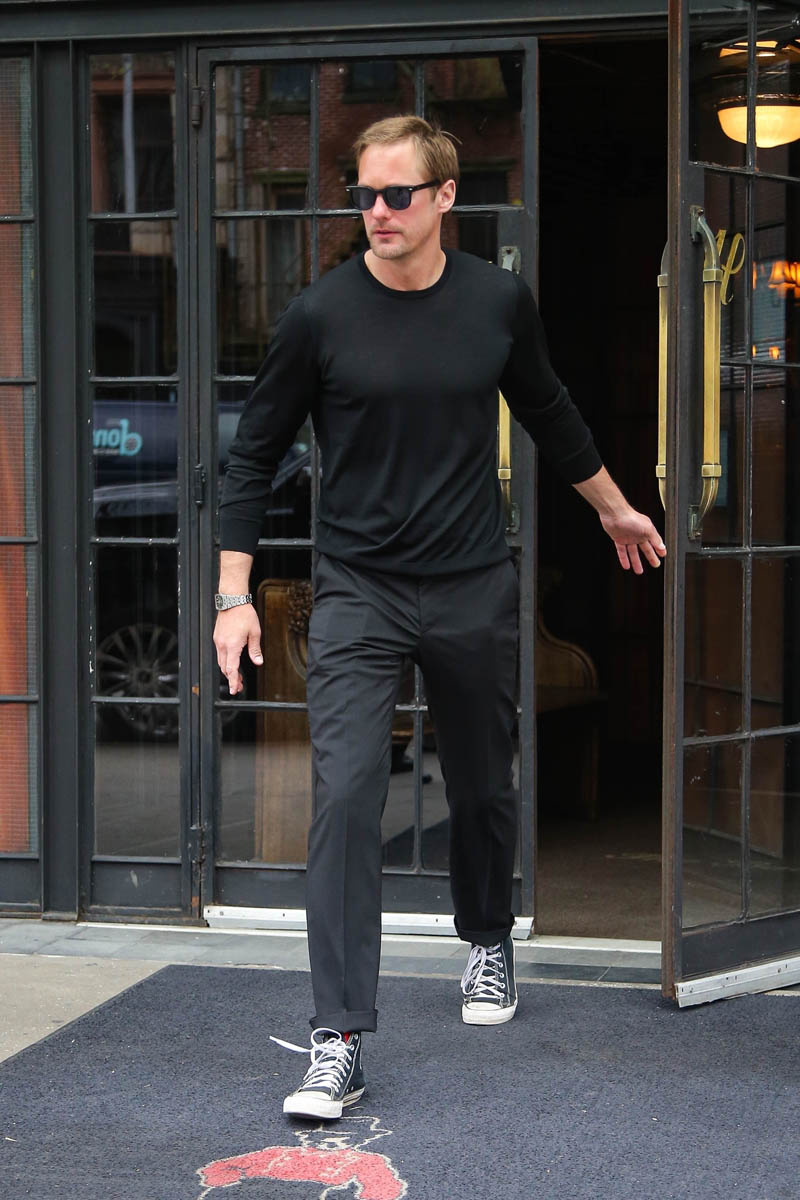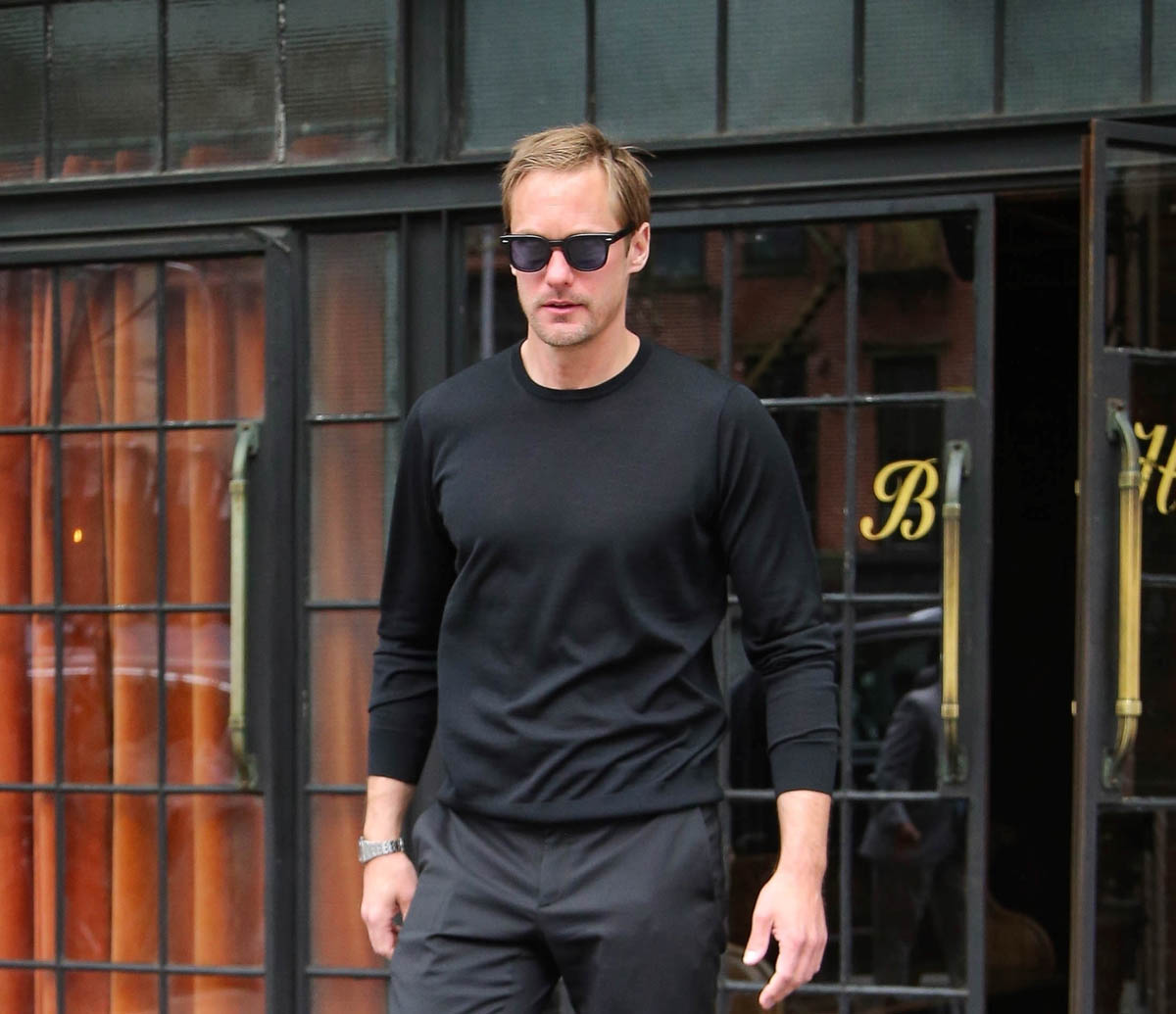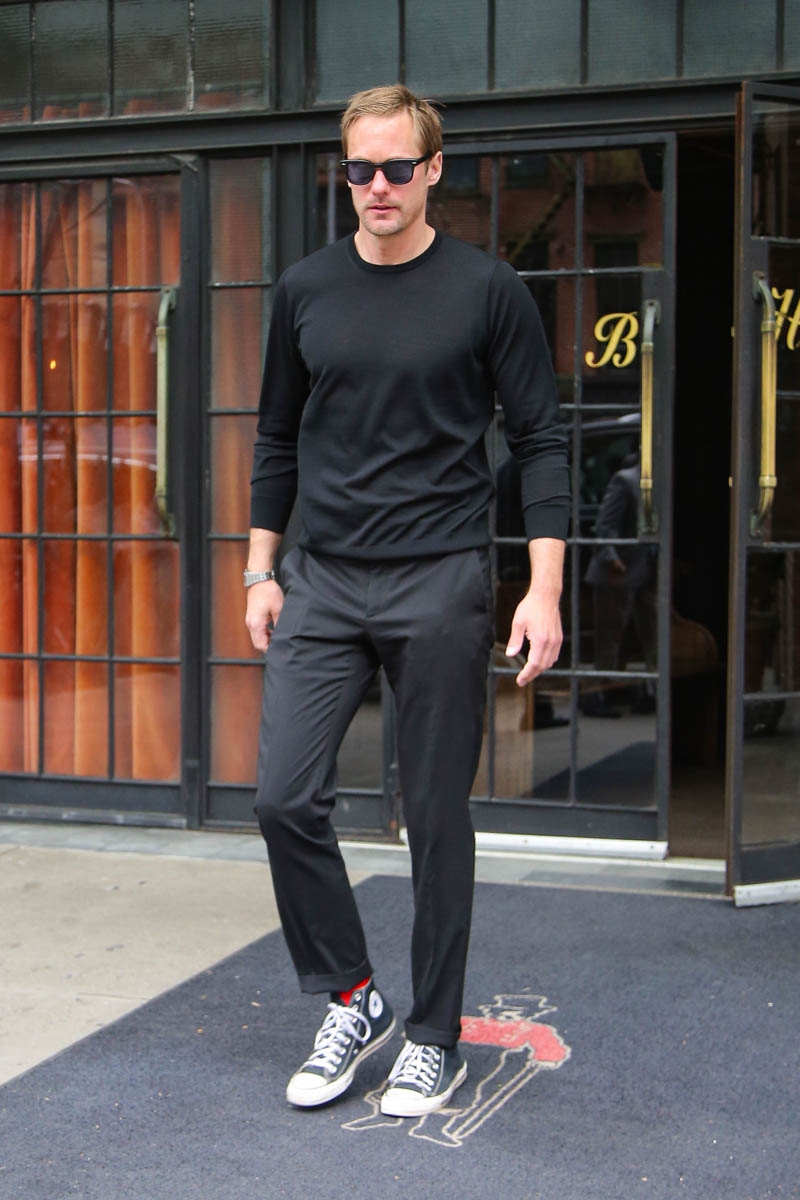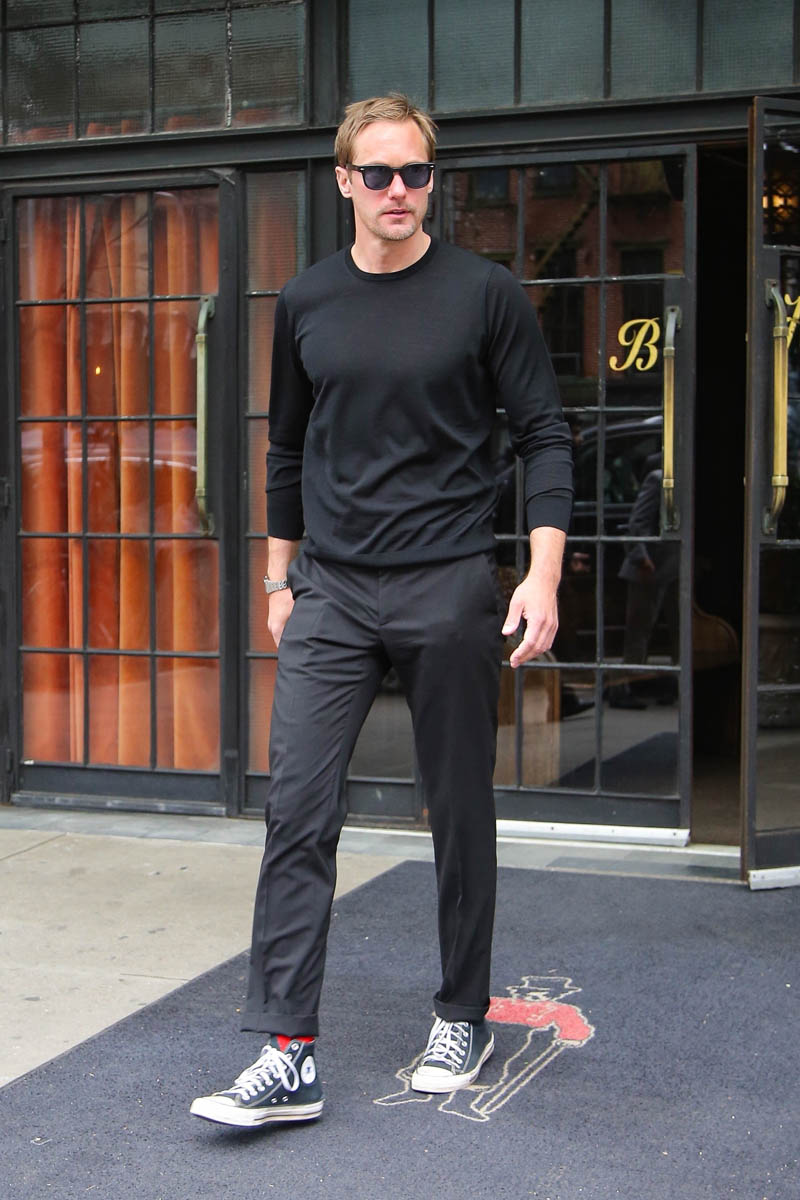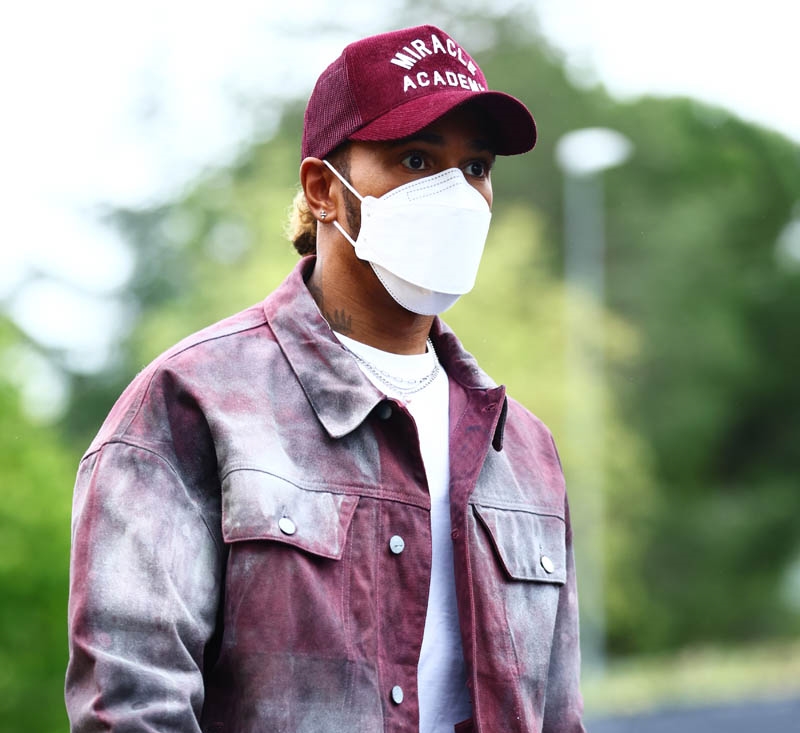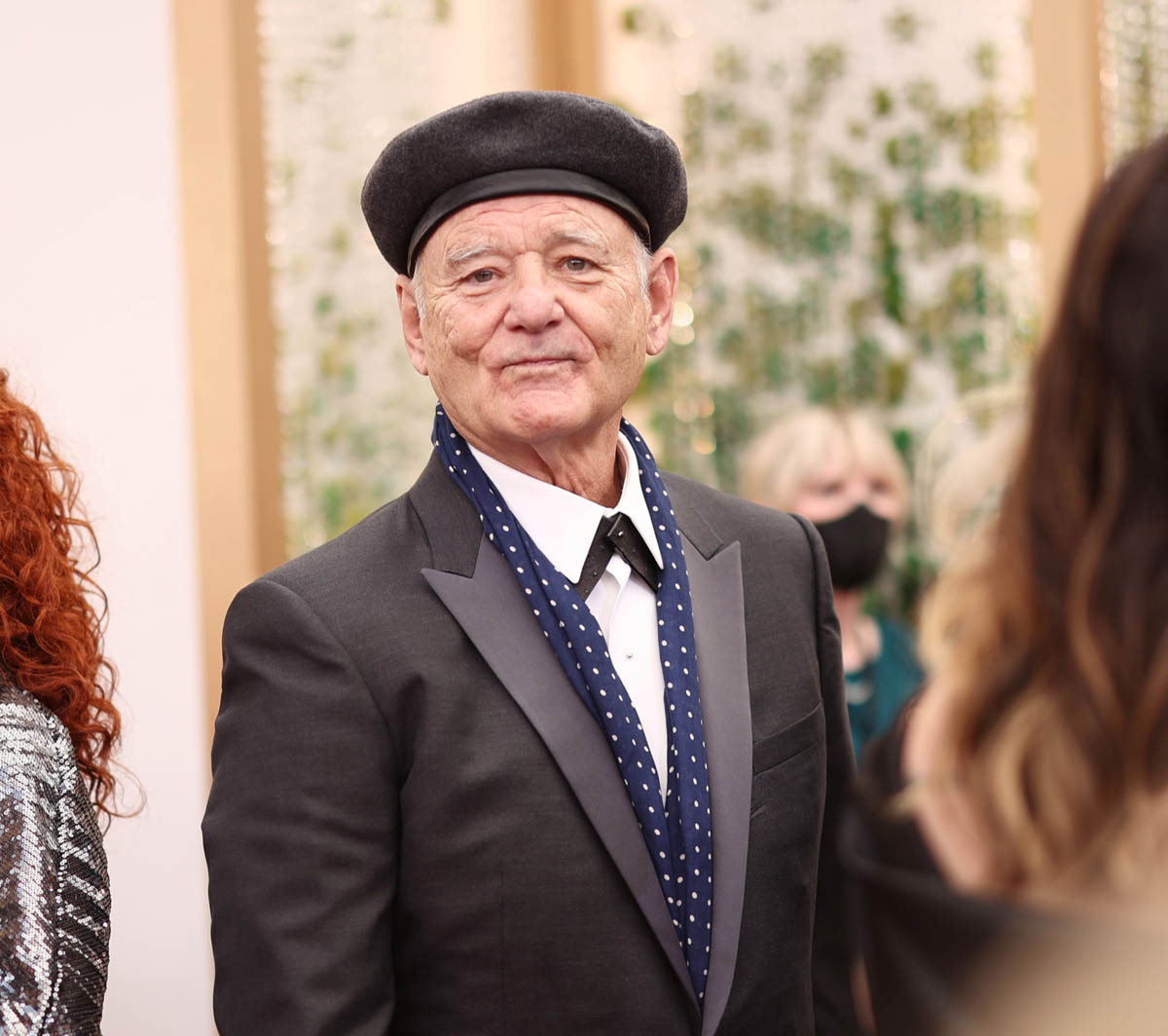Alexander Skarsgard in The Northman


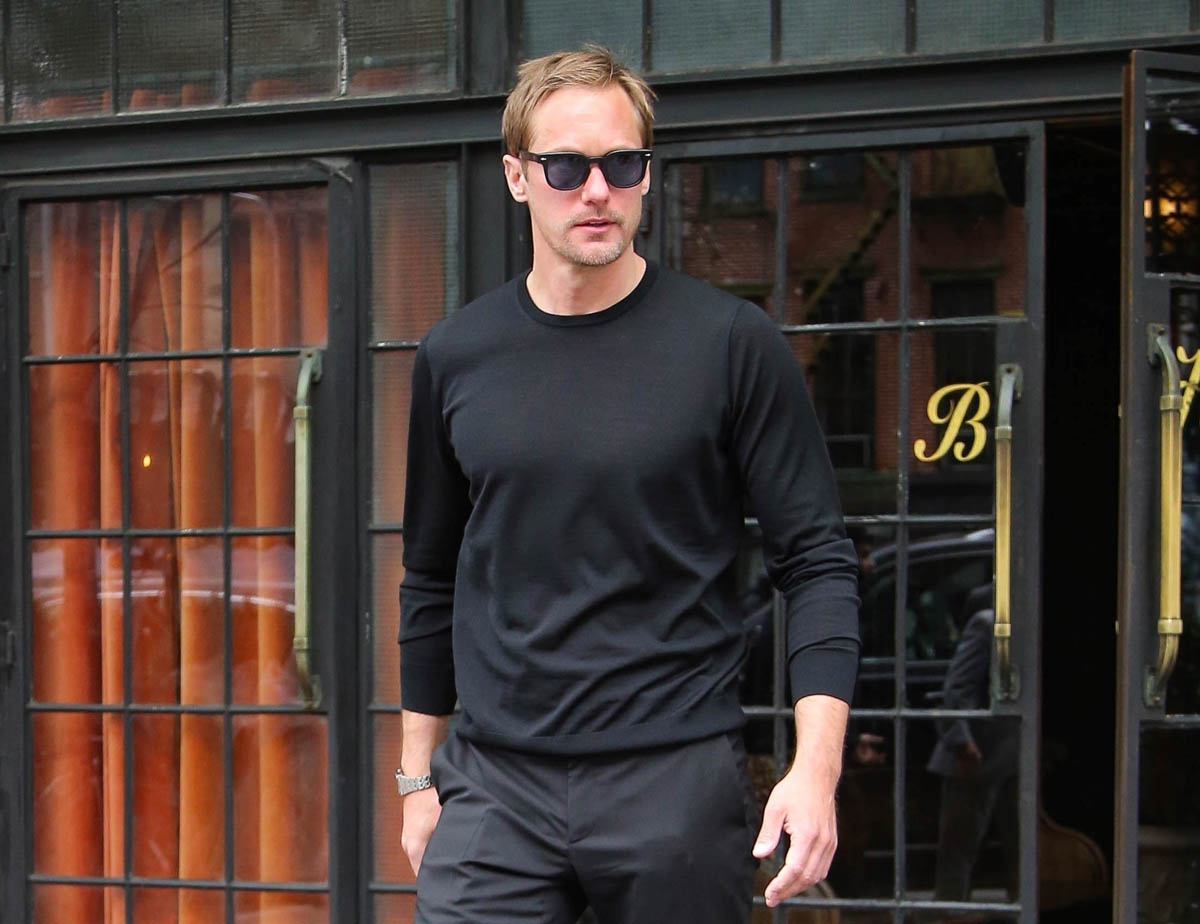
Robert Eggers’ third film, The Northman, continues his cinematic tradition of creating fanatically detailed, historically grounded worlds so tangible you can practically smell the body odor and see the lice crawling on his characters. The Northman, co-written by Eggers and Icelandic poet and novelist Sjón, is basically a Heilung concert in cinematic form, a work of art that is built on contemporary foundations but reaches back into a distant past’s storytelling tradition for authenticity and to tap deeper, earthier emotions, evoking an instinctive response to the unfolding story that twangs not just our heart strings but also ancestral memory of darker, more brutal times. Based on the legend of Amleth, the inspiration for Shakespeare’s Hamlet, The Northman is an Icelandic saga come to life, a tale of family, loss, revenge, and pitiless fate from which there is no escape, realized with Eggers’ usual zeal and a nihilistic beauty that threads through the violence and bloodlust as it should in an Icelandic saga.
Because of Shakespeare, the bones of the story are recognizable, from the disenfranchised prince Amleth (Alexander Skarsgard); to the betraying uncle, Fjölnir (Claes Bang); to the duplicitous queen mother, Gudrún (Nicole Kidman); to the court jester’s skull; though there is no Ophelia here, instead there is a witch, Olga (Anya Taylor-Joy), who thrives where her courtly counterpart wilts. Amleth witnesses the death of his father, King Aurvandil War-Raven (Ethan Hawke), as a child and flees into the vast sea, swearing vengeance on his uncle. Years later, Amleth emerges a man turned into a beast by the pillaging culture of the Norse circa the tenth century, an organized but pitiless society formed around “might makes right”. “Barbarians,” spits one Viking after he and his tribe have scoured a village in the land of the Rus, leaving most dead, the rest enslaved, and the women defiled. It would be funny if the realism of a Viking raid wasn’t so blunt and ruthless in Eggers’ depiction, a fast-moving force of wolf-men bent on the utter destruction of those they perceive as weaker.
Violence is the language of The Northman, and Skarsgard, a hulking physical presence, embodies the Viking essence of man—big, brutal, conquering. In another, dumber film, Skarsgard would be rendered upright, all angles and planes and classic masculine beauty, oiled and lit to perfection for the camera; Amleth would pout his way through his quest more directly aligned with his sulky Shakespearean counterpart. But here he is a beast hunched and hulking, spattered with blood and mud, and Eggers, aided by cinematographer Jarin Blaschke, frames him like a monster, muscles bulging with ugly purpose, his face twisted into snarls and inhuman expressions of pain and rage. Skarsgard’s physical performance is astounding, Amleth hardly needs to speak to communicate, but when he does, there are hints of the man he could have been had the Norns not claimed him for a hideous fate as a child. But he is a reflection of the inherent nihilism of Norse religion, in which there is no free will, only the threads the Norns weave, predetermining the outcome of every life. Amleth cannot escape this web, he must fulfill his destiny not because it is honorable, but because it is simply his destiny.
Amleth’s is a soul-crushing world of subsistence farming and merciless pillaging, where even celebratory games are fights to the death. And while Eggers never depicts sexual assault directly, there is no question the women of this world are totally lacking agency, at the mercy—or unmercy—of their husbands and captors, who are often one and the same. The Northman is not a celebration of Viking culture, it is a stark, vicious imagining of life in the Dark Ages. Not even a touch of magical realism can soften this world. Odin is a silent watcher, his ravens damned useful in a pinch but no amount of a god’s favor will save Amleth from his fate, and a Valkyrie’s ride is as thrilling as it is haunting. Whether hallucination or real, the Valkyrie is omnipresent death, waiting to carry off her charges when the Norns snip the last threads of life. There is a constant sense of doom permeating The Northman, from the elemental smoking volcano looming on Iceland’s horizon to the mythical appearance of that Valkyrie, as much a promise of rest as a premonition of death.
With its naked sword fight on top of an exploding volcano, The Northman is rad as hell, its blood-soaked tale of vengeance right in line with the great Icelandic sagas, an epic cinematic rendering of a story that has been told for at least a thousand years. But it is also melancholic, nihilistic, an ugly portrait of a truly dark age. What Eggers has crafted, what Skarsgard inhabits, is a spirit of the Viking age at once complicated and simple. Elaborate, competing religious rites occupy life and death, and people live and die by simple might and the whims of those cruel enough to seize power by any means necessary. But there is also love and renewal and earth magic, and the Norns might be merciless, but the Valkyrie’s final ride is a triumph. Fate is cruel and inescapable in The Northman, and life is carved from the small moments between two people rushing to meet their destinies. As in the best Icelandic sagas, in The Northman death promised is death delivered, and the cycle begins anew.
The Northman is exclusively in theaters from April 22, 2022.

